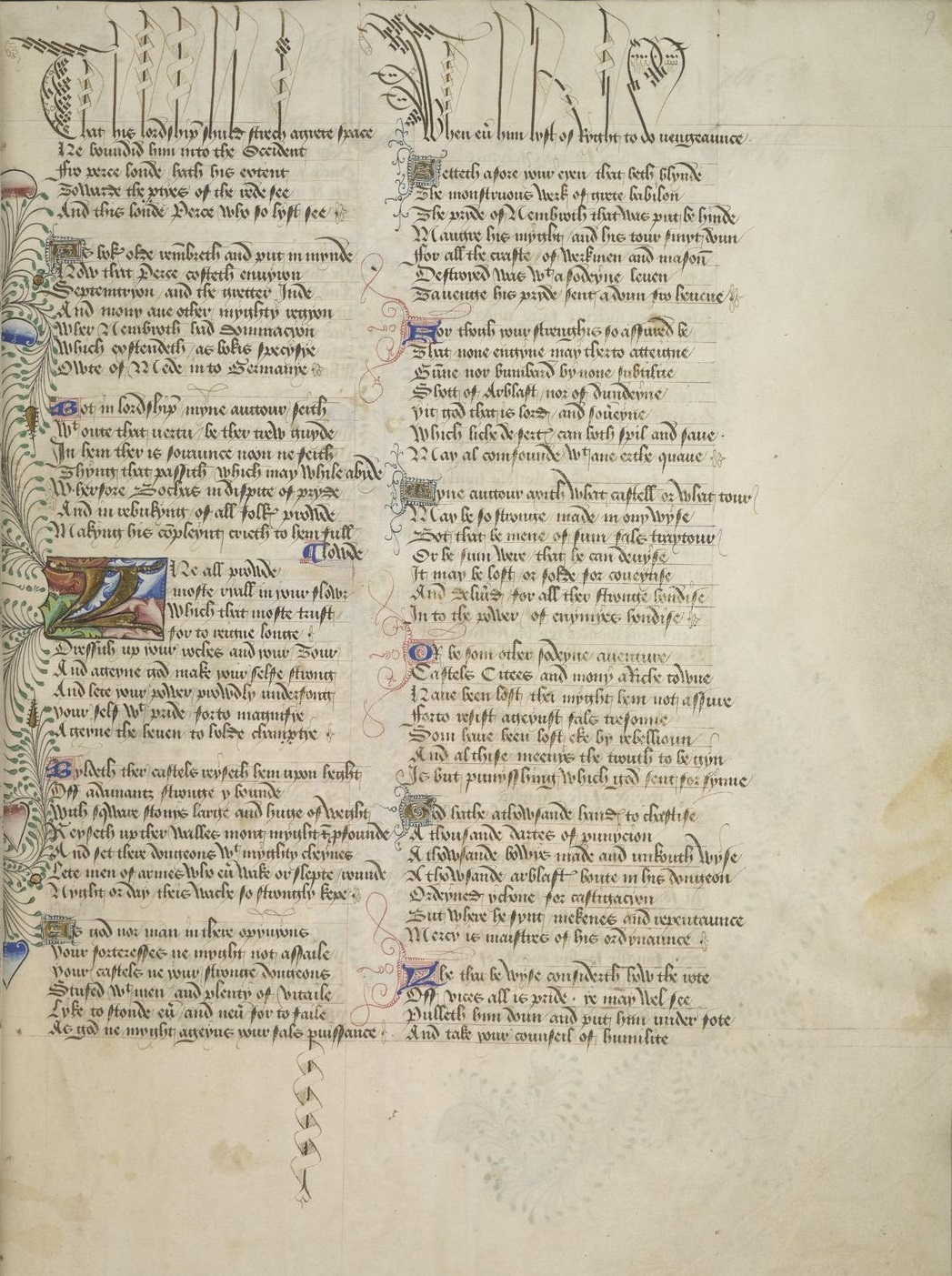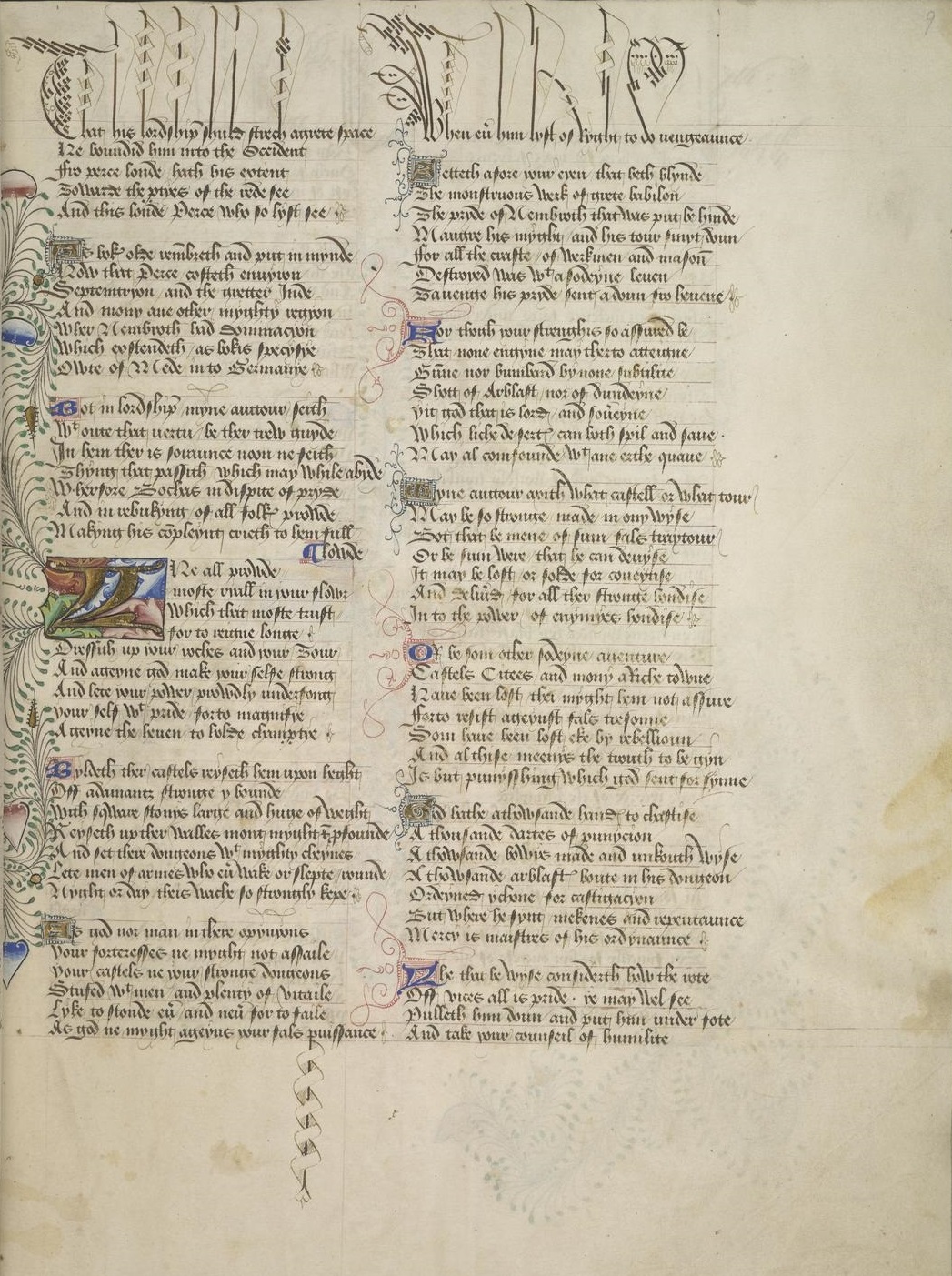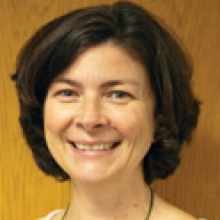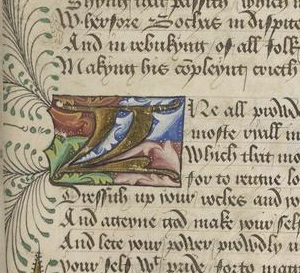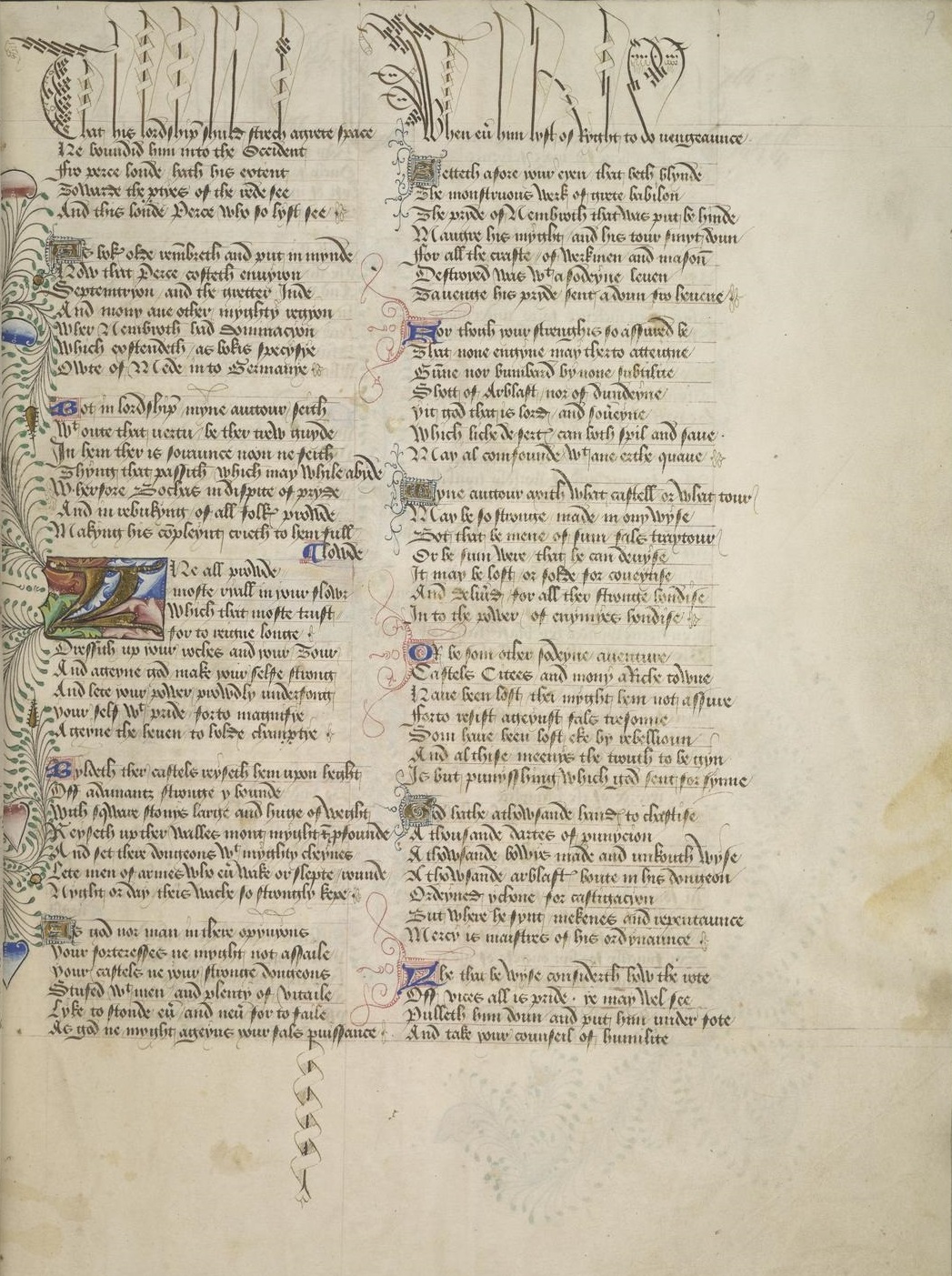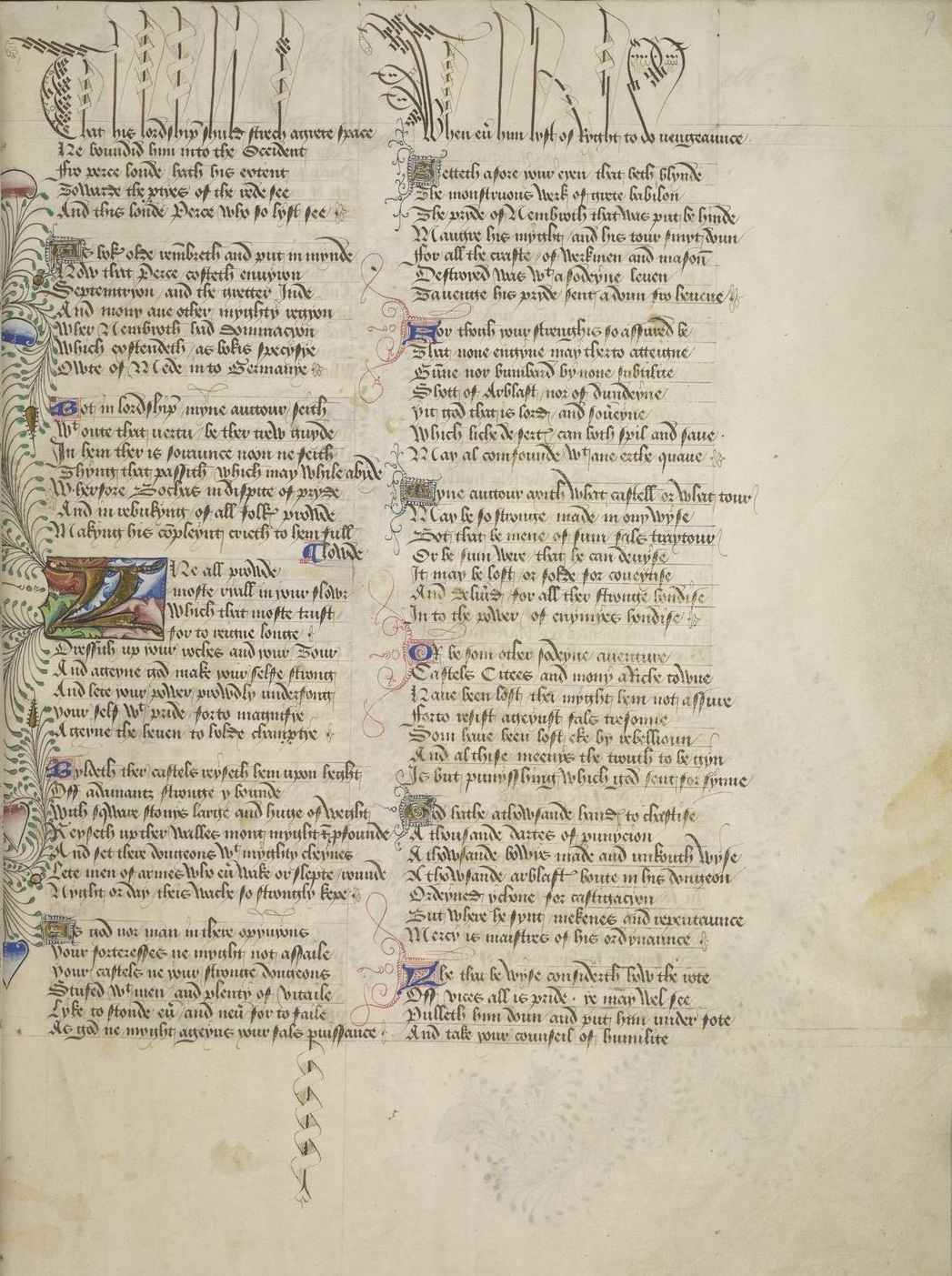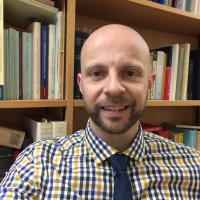From some curious habits by scribes of late Middle English manuscripts, I shall argue that scribes were sometimes not interested in, or were even vexed by, the material form of texts. I’ll focus on the scribes’ handling of page breaks. While in some ways the division of the text into pages allowed scribes to show off their own craft process, when they decorated the division of the codex into pages, following conventions without textual function, in other ways the page breaks contributed little to the text itself, and at times scribes used other methods to override the page breaks. From such examples, I shall argue that the scribes were more interested in the continuity of the text and of the reading process which continued beyond the literal limits of the page. I’ll suggest that the scribes’ handling of page breaks adds to the story of material texts but also challenges the focus on materiality in the study of literature, suggesting other concerns that might be part of the history of reading.
Register here to receive the zoom link.
More information about the SIMS Online Lecture Series can be found here.
Professor Daniel Wakelin is the Jeremy Griffiths Professor of Medieval English Palaeography. He came to Oxford from Cambridge. His research focuses on the material remains of English literature between the fourteenth and early sixteenth centuries: manuscripts, and some printed books, and what they reveal about writing habits and reading habits. HIs many publications include the forthcoming Immaterial Texts in Late Medieval England: Making English Literary Manuscripts, 1400-1500 (2022) and Scribal Correction and Literary Craft: English Manuscripts 1375-1510, joint winner of the DeLong Prize for Book History in 2015.
